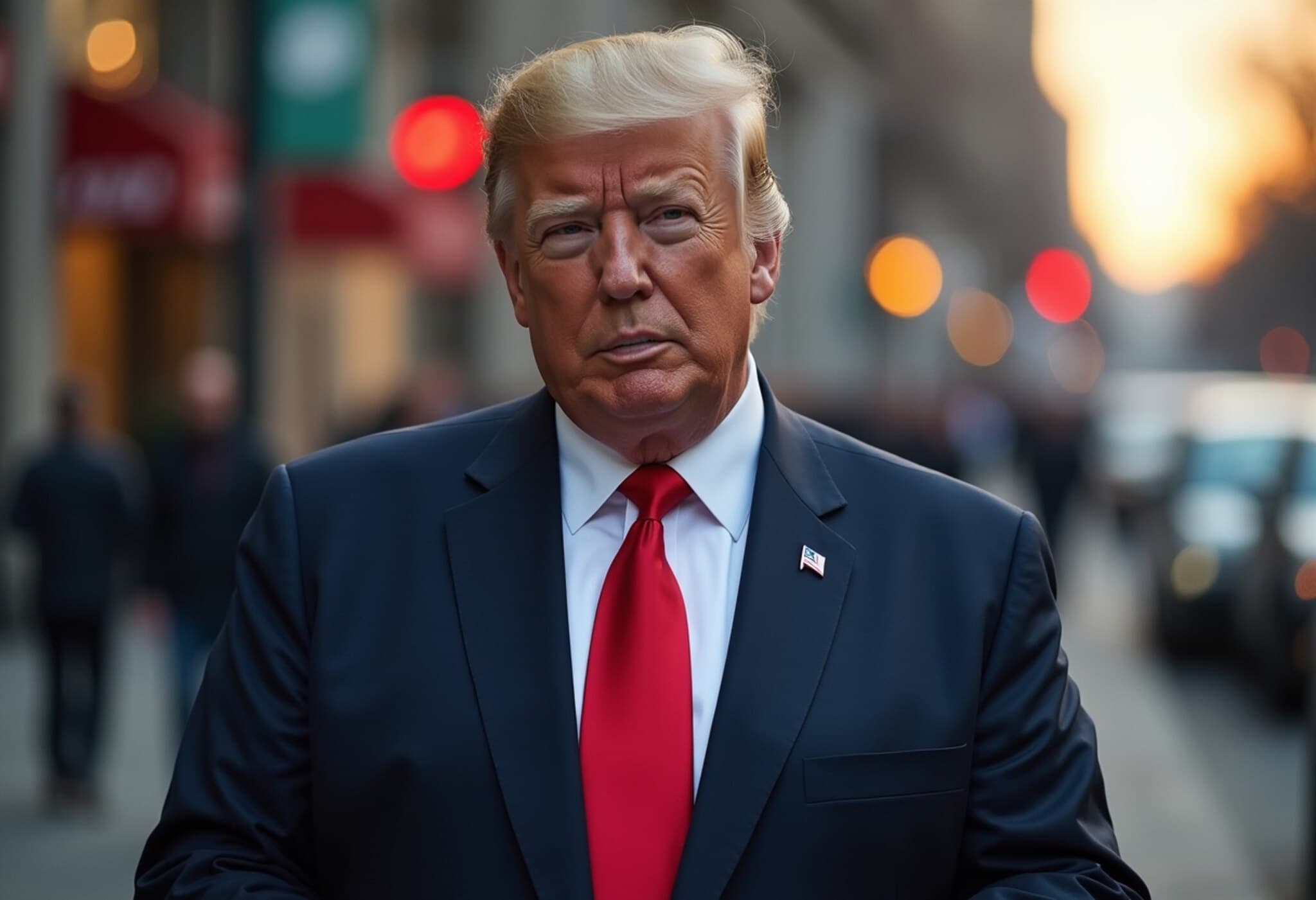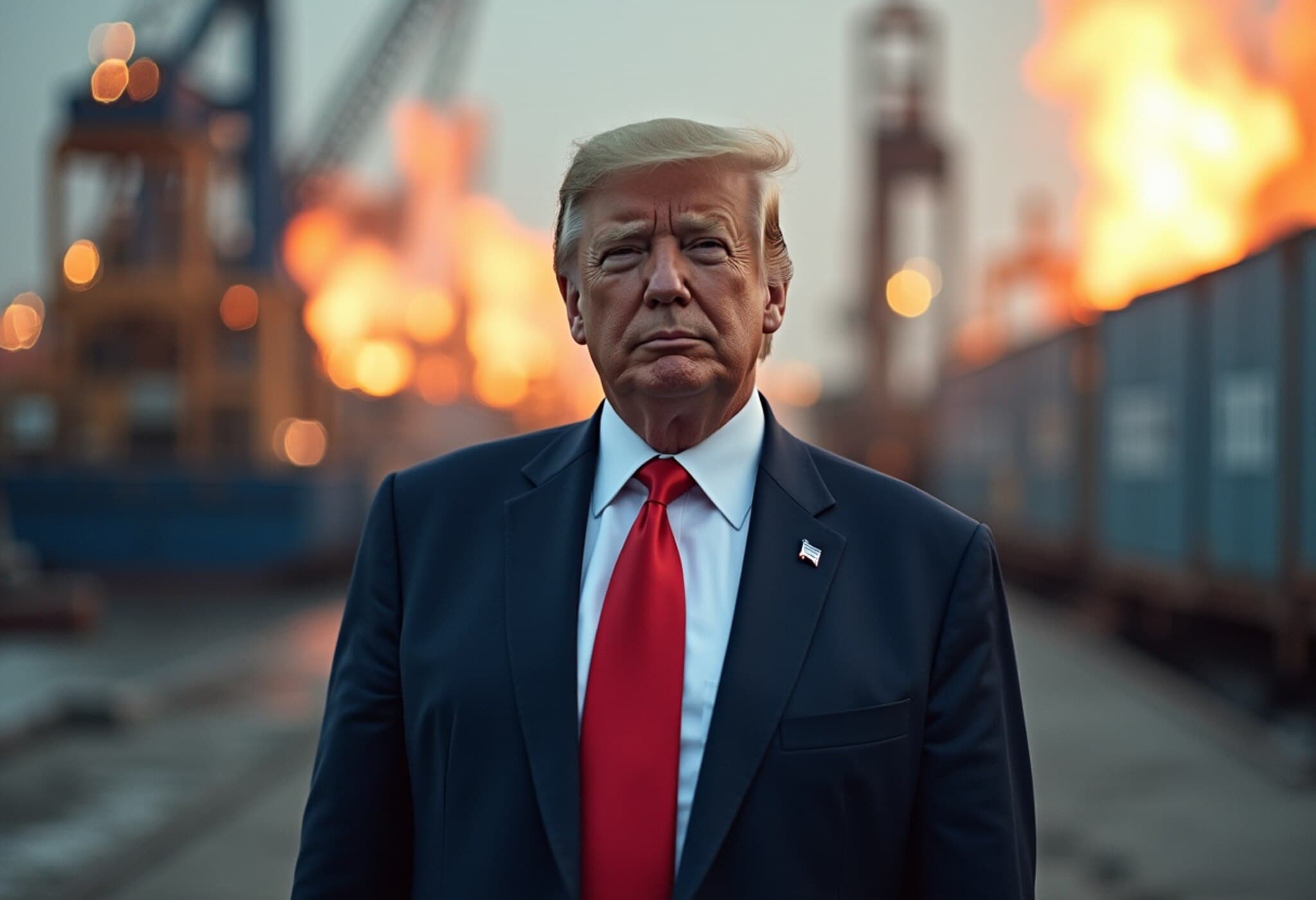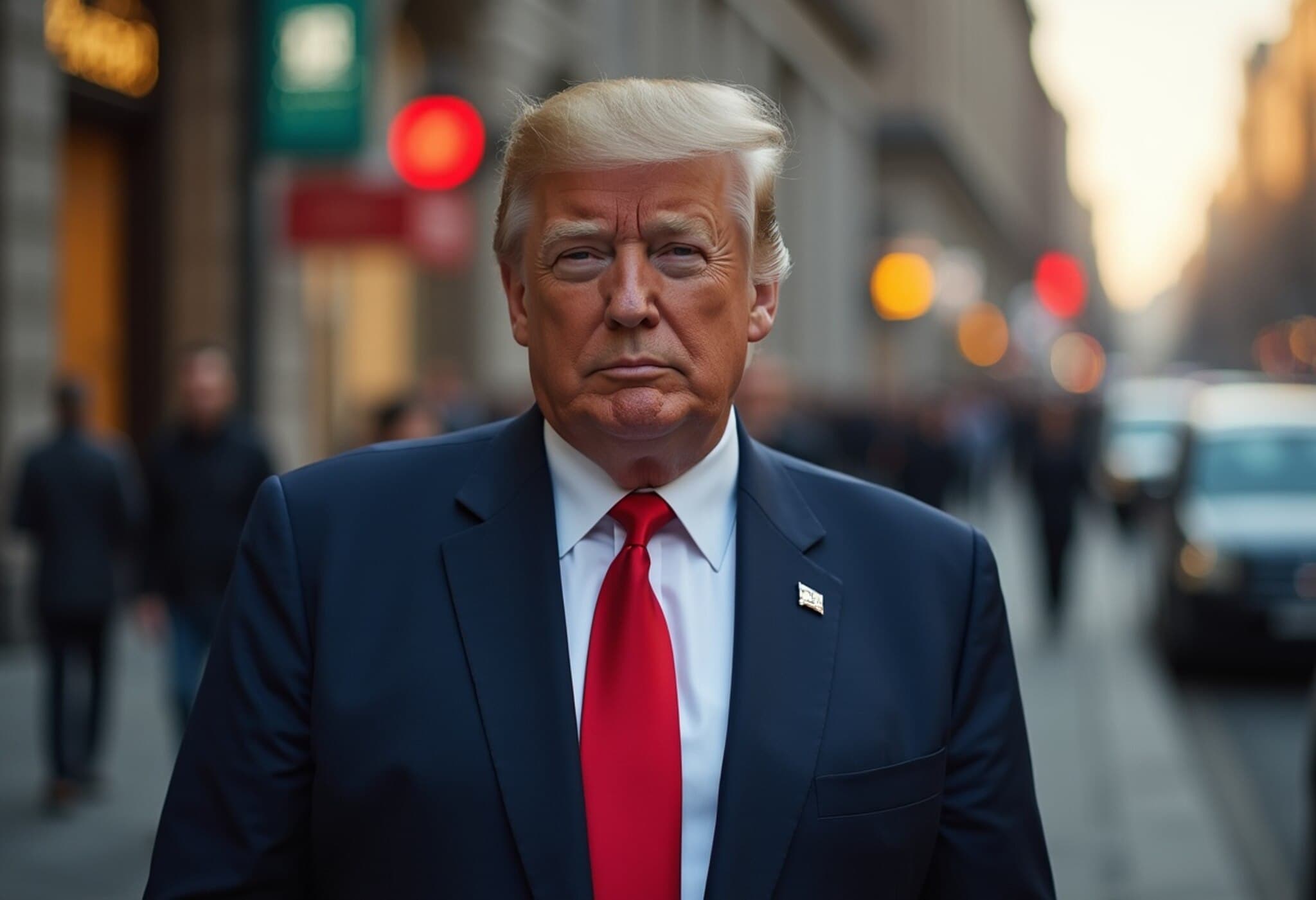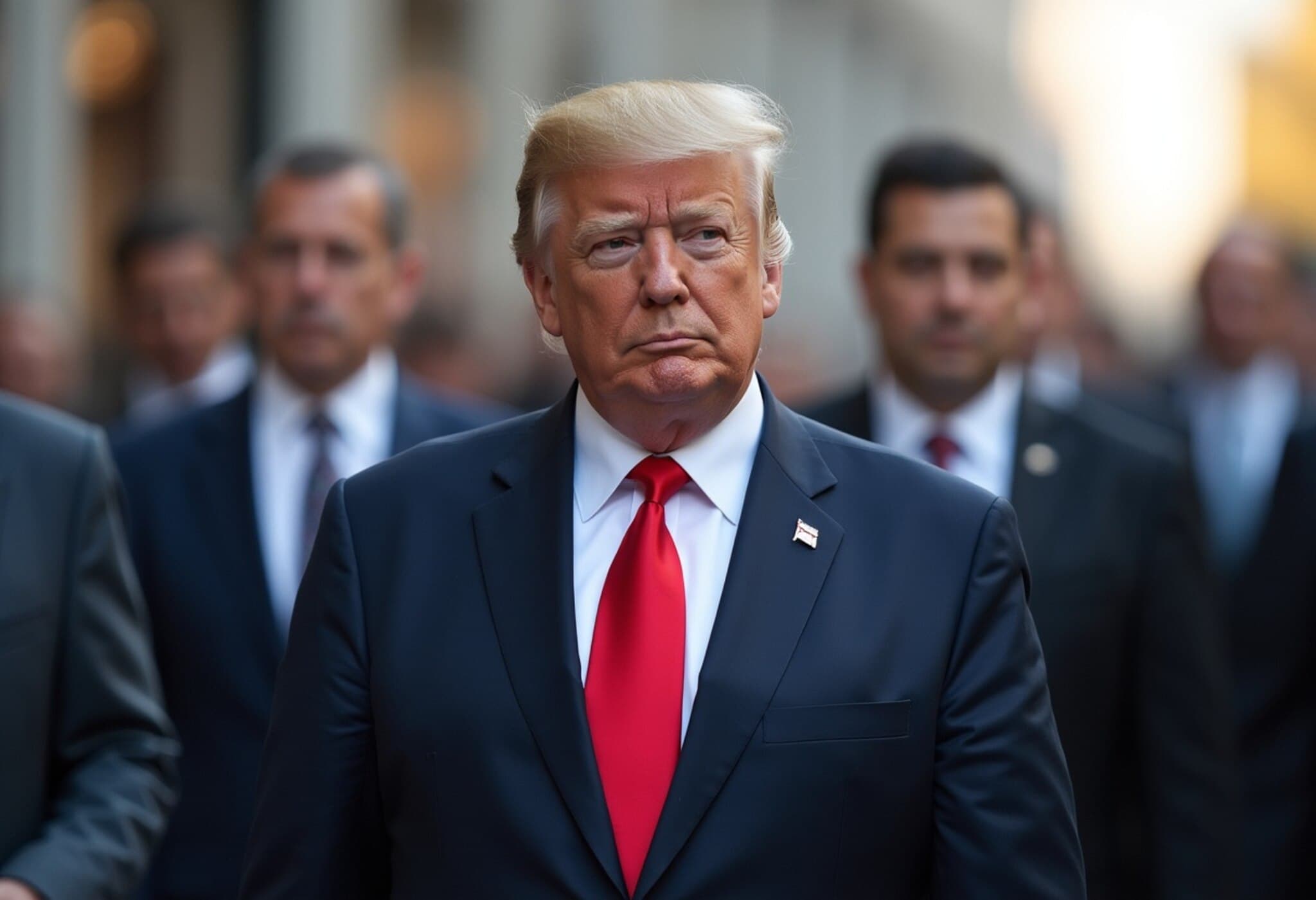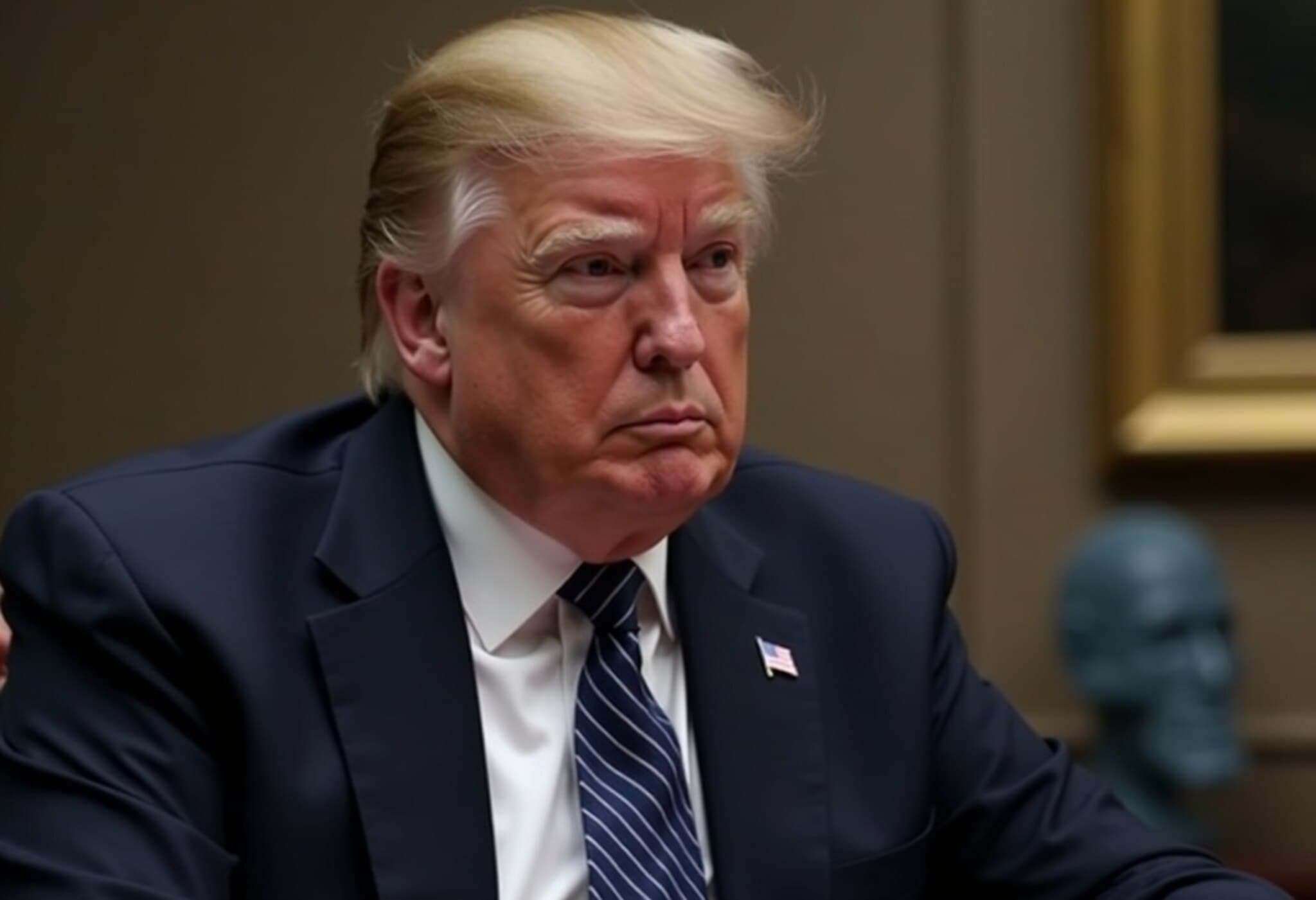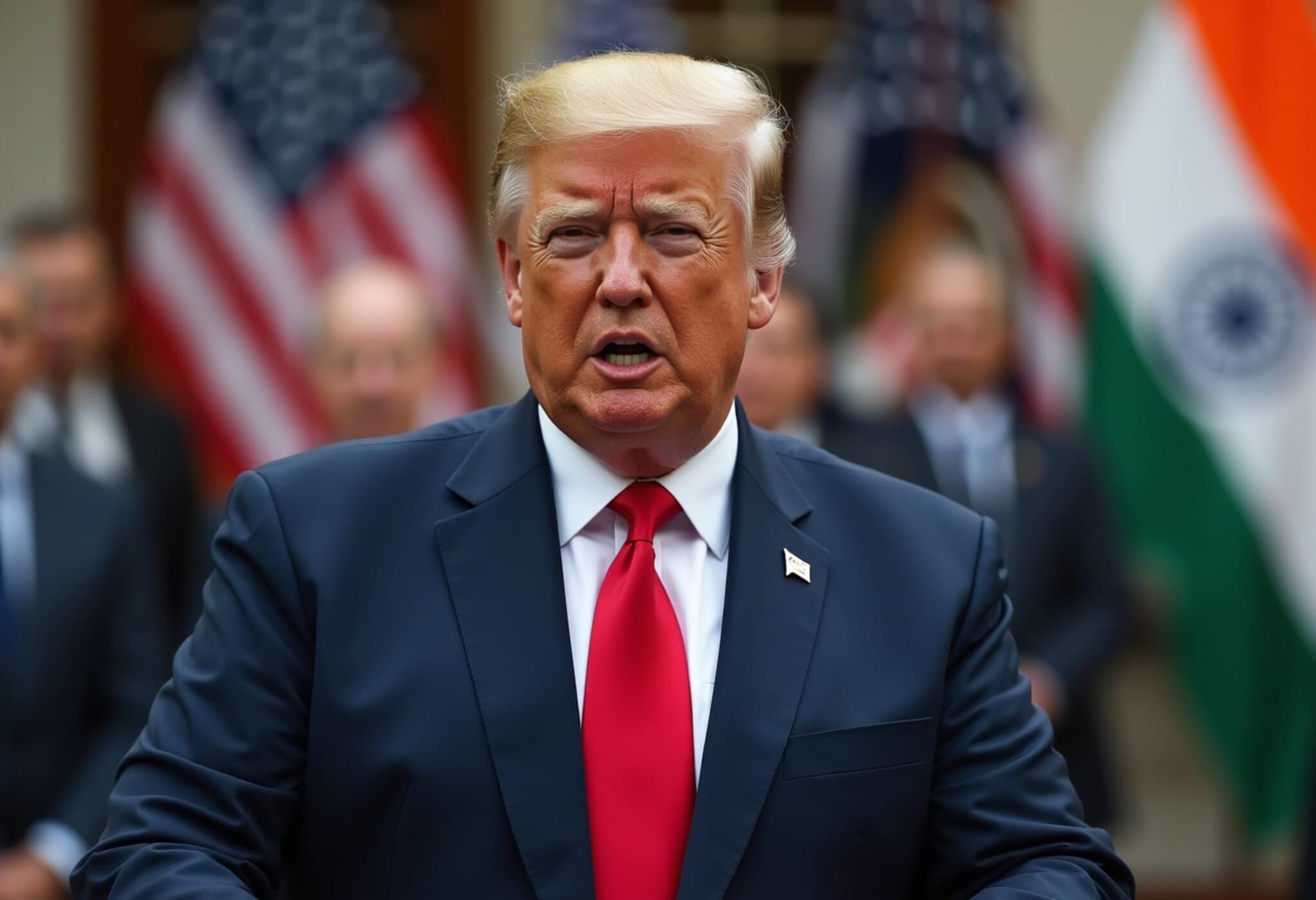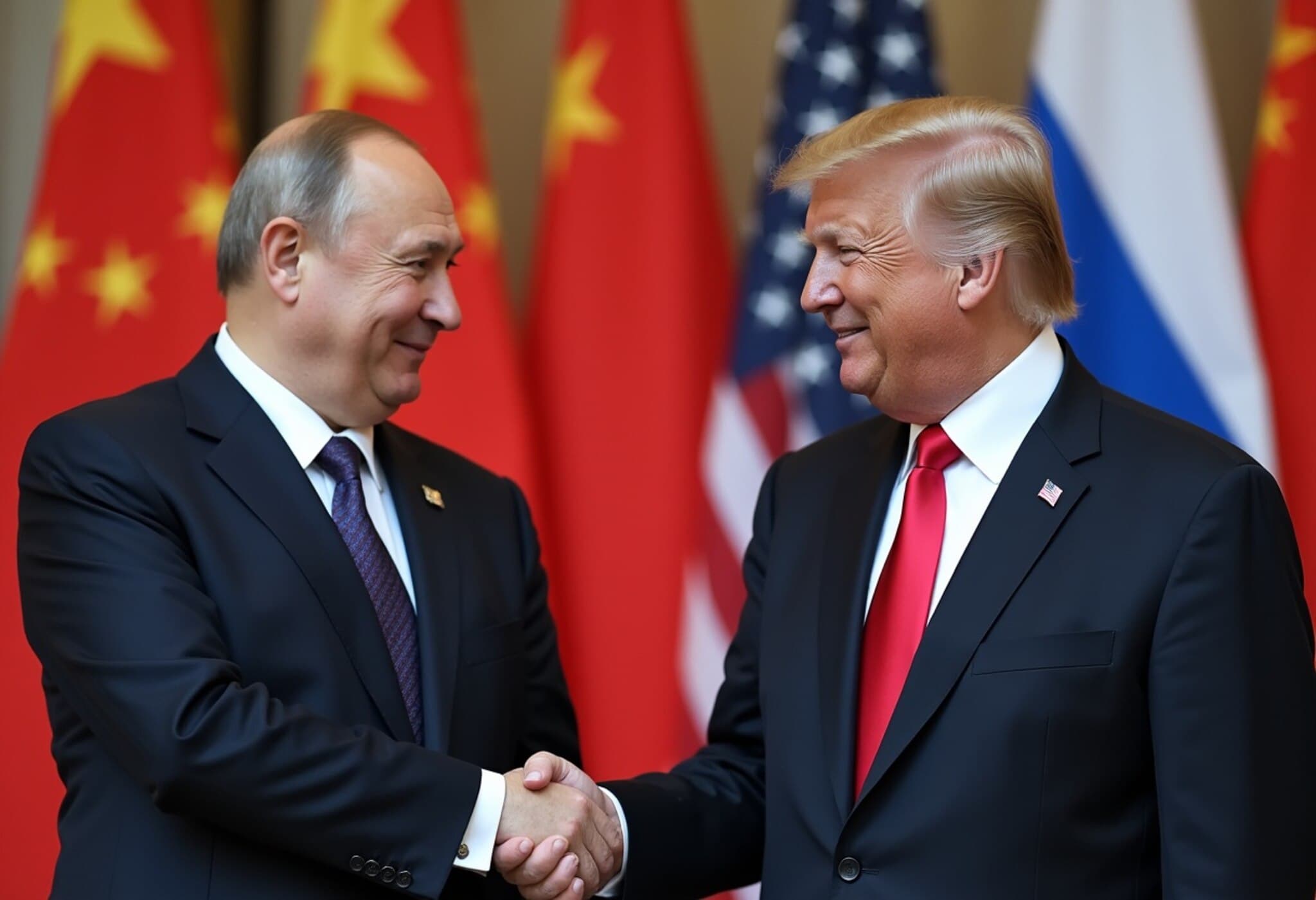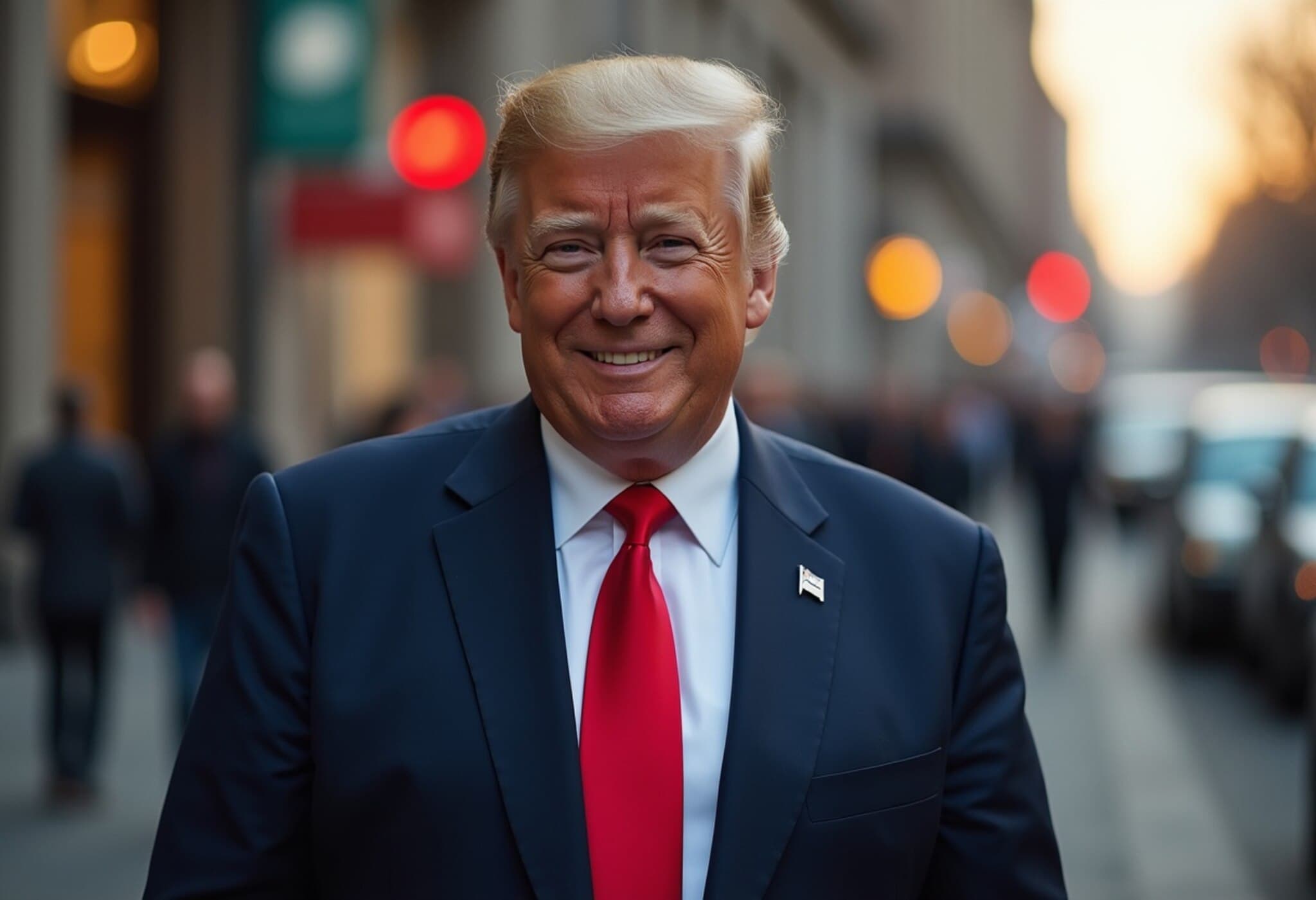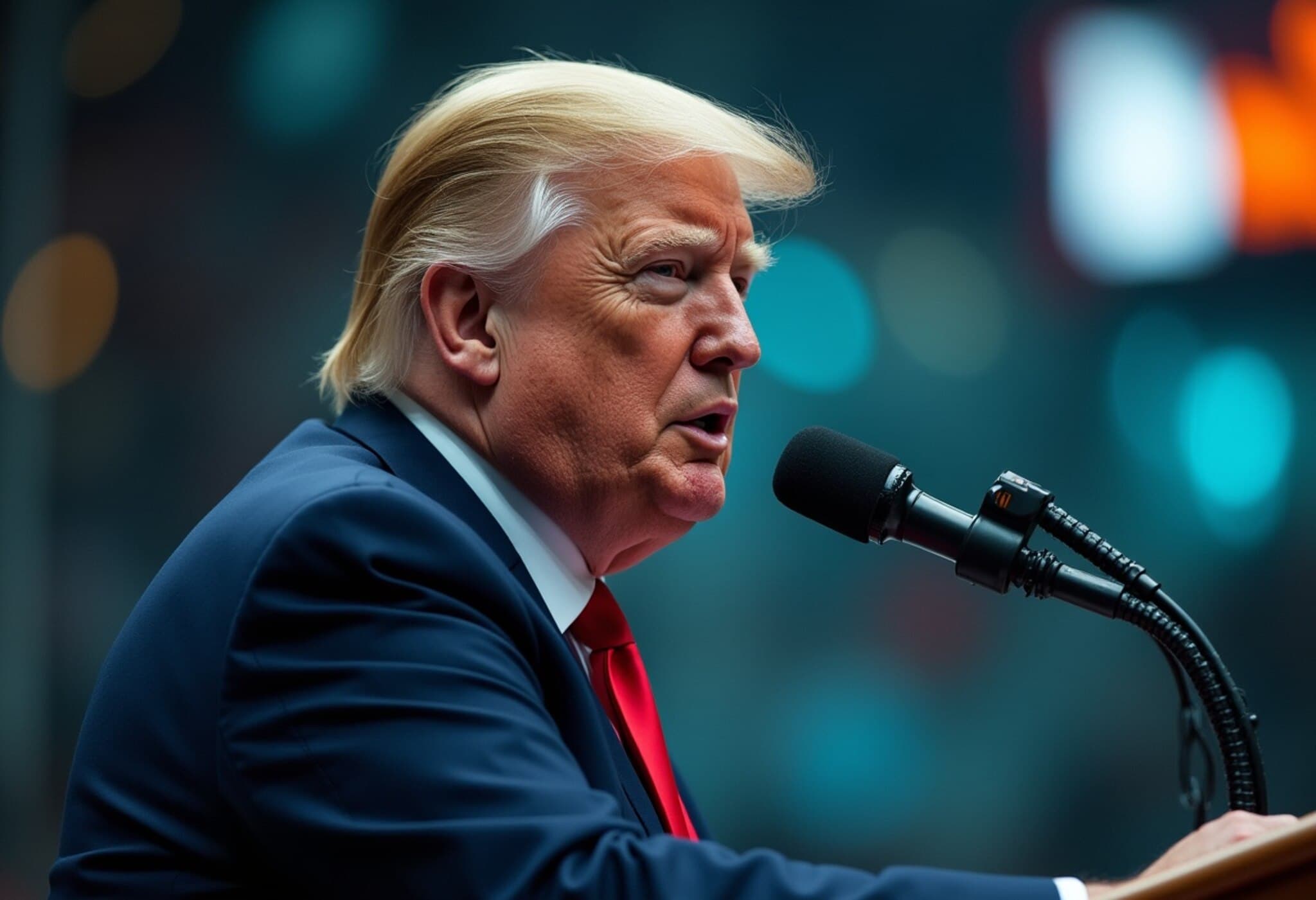Trump Hints at Expanding Tariff Measures to China Over Russian Oil Imports
On August 7, 2025, former U.S. President Donald Trump sparked fresh tensions in international trade by suggesting that the United States could impose additional tariffs on China, akin to the recent 25% tariff hike on Indian goods. This move arises amid mounting U.S. pressure on countries continuing to import Russian oil, part of a broader strategy to quell Moscow's aggression in Ukraine.
New Tariff on India and Its Ripple Effects
Earlier this week, the U.S. administration announced an additional 25% tariff on Indian imports, doubling the previous 25% tariff. The justification? India’s persistent procurement of Russian oil despite Western sanctions. Trump's statement—"It could happen"—alluding to similar tariffs on China and others, injected uncertainty into global markets and international diplomatic relations.
However, the official U.S. order specifically referenced India, leaving China out of the immediate tariff imposition despite Beijing being a significant importer of Russian energy. This selective focus raised eyebrows globally, as China’s oil purchases remain substantial and influential in the geopolitical chessboard.
India’s Firm Rebuttal and Energy Security Concerns
The Indian government promptly condemned the increased tariffs as "unfair, unjustified, and unreasonable." Ministry of External Affairs spokesperson Randhir Jaiswal emphasized India’s stance, highlighting the country’s reliance on market dynamics to secure vital energy supplies for its population of 1.4 billion people. Jaiswal pointed out that India’s oil imports serve a critical national interest, underscoring the complexity of balancing global geopolitical tensions with domestic energy security imperatives.
Contextualizing the Trade and Geopolitical Impact
Trump's remarks suggest the U.S. is willing to wield economic tools to pressure not just Russia but also its trade partners. This approach raises pressing questions about the role of secondary sanctions and their consistency. The U.S. Treasury Secretary, Scott Bessent, has previously cautioned China about potential punitive measures if it persists with Russian oil purchases. Yet, the U.S. has so far refrained from formal tariff escalation against China.
Experts note that such tariffs could have far-reaching consequences:
- Supply Chain Disruptions: Congressional analysts warn that additional tariffs may exacerbate supply chain uncertainties already strained by geopolitical instability.
- Market Volatility: Stock markets and commodities could react sharply to uncertainties surrounding trade relations.
- Geopolitical Shifts: Heightened U.S. economic pressure on India and China might drive these nations closer to alternate alliances, affecting U.S. strategic influence in Asia.
Unanswered Questions and Emerging Debates
Several critical questions loom large: Why target India more aggressively than China at this juncture? How will these tariffs reconcile with existing U.S.-India strategic partnerships, especially considering India’s role in Indo-Pacific regional security? Moreover, could these tariff escalations undermine broader efforts to create a united front against Russian aggression? The nuanced relationship between economic sanctions and diplomatic engagement remains under intense scrutiny.
Expert Insight: Balancing Economic Pressure and Diplomatic Engagement
From a policy analyst perspective, the U.S. approach exemplifies the challenges of using economic instruments as blunt geopolitical tools. Pursuing tariffs as punishment for purchasing Russian oil may punish allies and partners disproportionately, risking alienation without necessarily deterring Russia’s market access. A more nuanced strategy would consider collaborative frameworks that align energy security with shared geopolitical goals.
Editor's Note
This unfolding dynamic illustrates the delicate balancing act in global diplomacy where economic policies intersect with national interests. While the U.S. aims to isolate Russia economically, the secondary effects on partners like India—and potentially China—highlight the intricacies of interconnected global markets. Readers should watch closely how these tariff policies evolve and consider their broader implications for international alliances, energy security, and the geopolitical landscape.

